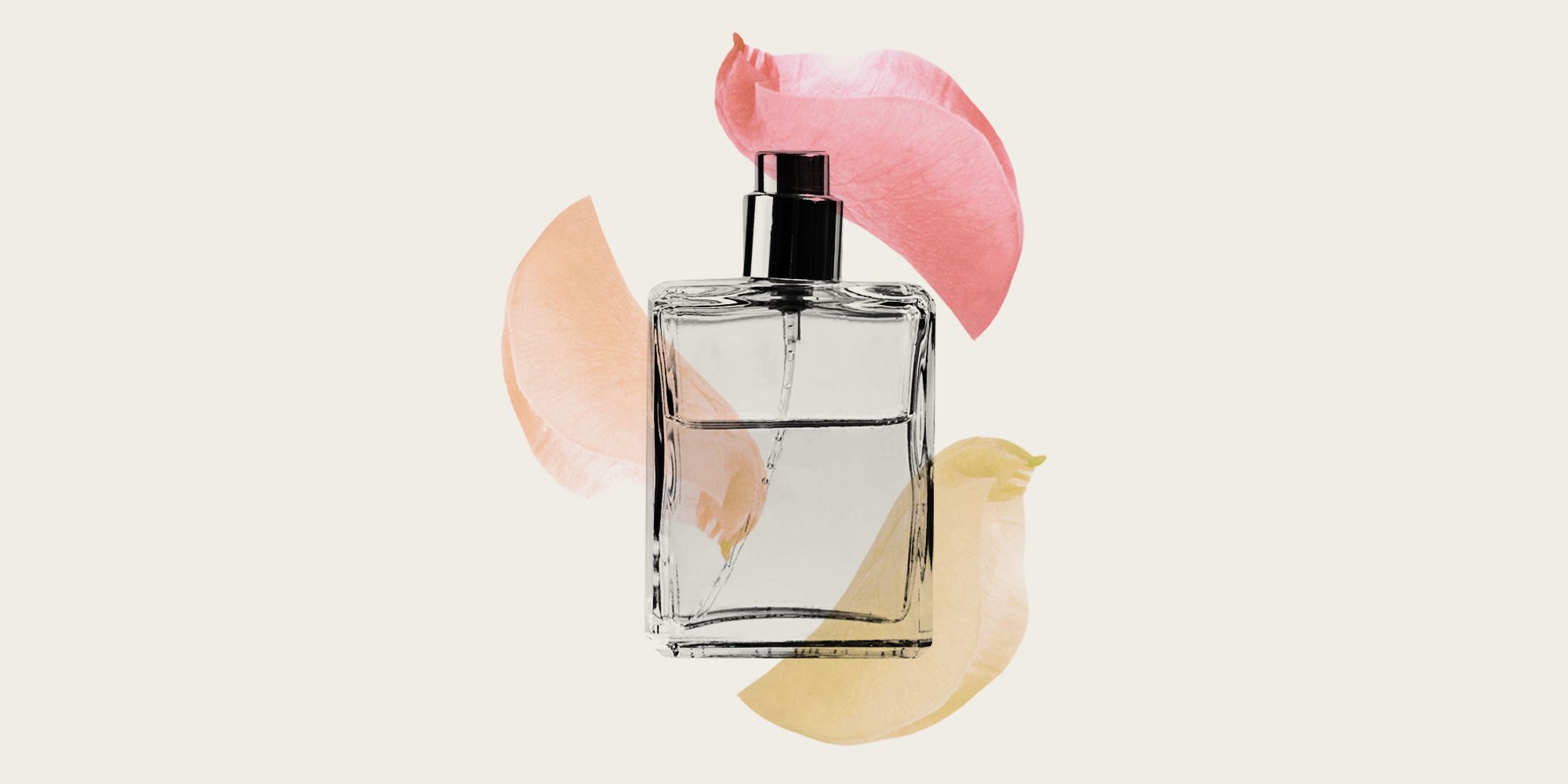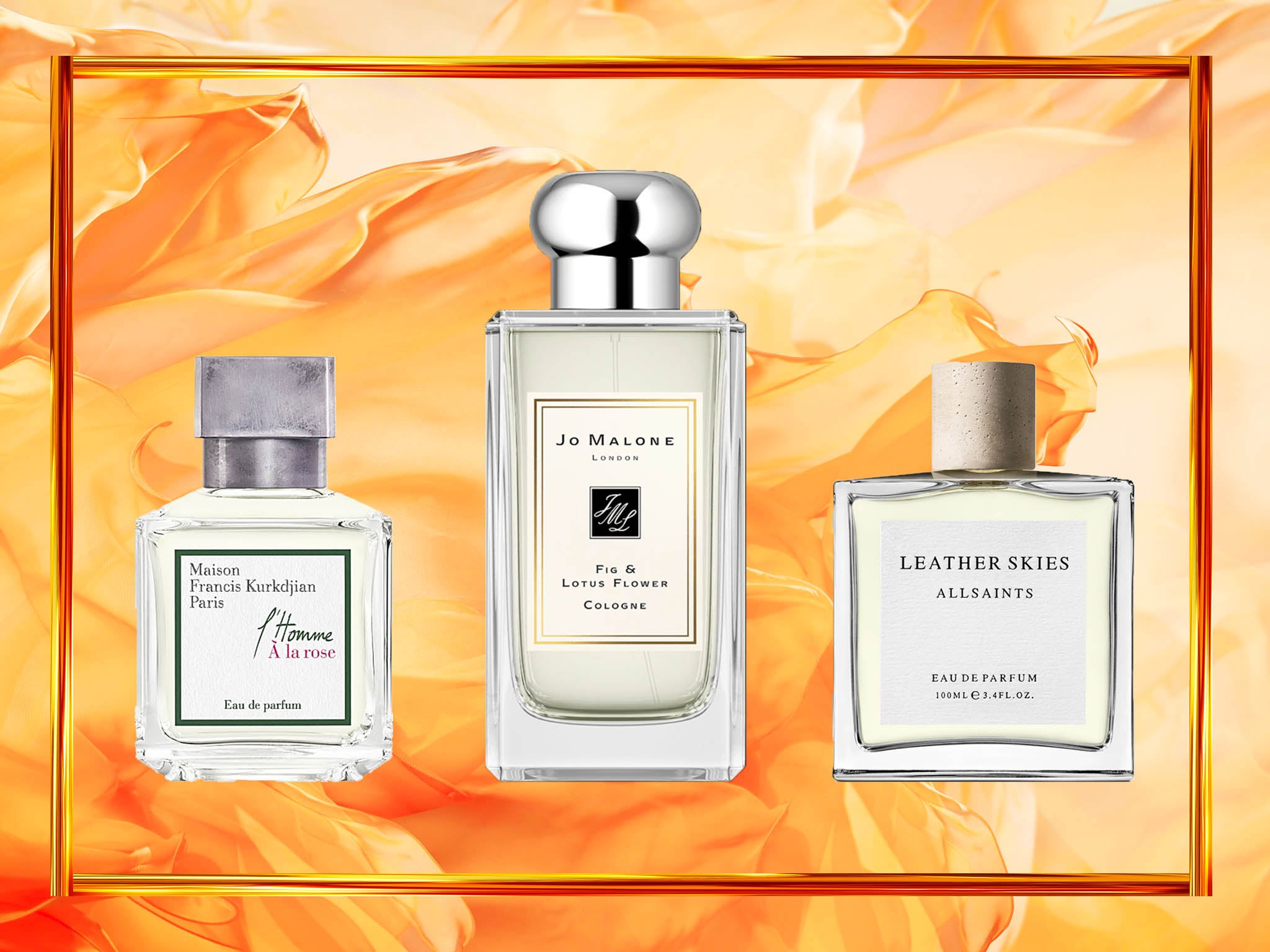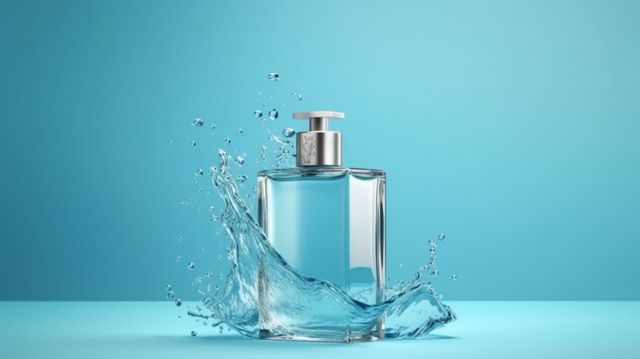Blog
How Climate Affects Your Choice of Perfume
How Climate Affects Your Choice of Perfume
Perfume is a deeply personal experience, one that can be influenced by many factors. While personal preferences, body chemistry, and lifestyle choices all play a part in choosing the perfect fragrance, one factor that is often overlooked is climate. The weather and temperature of the environment you live in can have a significant impact on how a perfume smells, how long it lasts, and how it interacts with your skin. Understanding how climate affects fragrance can help you choose perfumes that work best for your particular surroundings, ensuring that you always smell your best no matter the season.
In this article, we’ll explore how different climates affect your perfume experience, and how to select scents that are best suited for hot, cold, and temperate environments. By the end, you’ll be equipped with the knowledge to adapt your fragrance collection to the changing seasons, ensuring that each scent complements the weather and makes you feel confident and refreshed.
The Science Behind Climate and Perfume
Perfume is made up of essential oils, alcohol, and water, with each ingredient playing a key role in how the fragrance develops and lasts on the skin. The temperature of the air affects how these ingredients evaporate. In warmer weather, heat causes the volatile top notes of a fragrance to evaporate more quickly, often resulting in a lighter, more fleeting scent. On the other hand, in cooler temperatures, perfumes tend to last longer because the molecules of the fragrance evaporate more slowly, allowing the deeper base notes to linger and develop fully.
Humidity also plays a role in how perfumes behave in different climates. In a humid environment, the extra moisture in the air can alter how a fragrance interacts with your skin. Sometimes, high humidity can cause perfumes to feel heavier or overpowering, as the moisture traps the fragrance on the skin, making it more intense. Conversely, dry climates can cause the scent to dissipate faster, as there is less moisture in the air to keep the fragrance suspended.
Understanding the science behind how temperature and humidity affect fragrances can help you select perfumes that are better suited to your environment, allowing you to enjoy a more consistent scent experience year-round.
Perfume Choices for Hot Climates
Hot climates, such as those found in tropical or desert regions, present unique challenges when it comes to fragrance. The warmth of the air accelerates the evaporation of perfume, which means that lighter, fresher scents are often the best choice. Citrus-based perfumes, light florals, and aquatic notes tend to perform well in hot climates because they are fresh, uplifting, and less likely to feel overwhelming in the heat.
Citrus fragrances, such as lemon, bergamot, or grapefruit, have a zesty, refreshing quality that works well in hot weather. These perfumes often have a clean, sharp scent that can help you feel refreshed and energized throughout the day. Florals like jasmine, orange blossom, and freesia also shine in warm weather, offering a light and airy scent that isn’t too overpowering. Aquatic fragrances, which are inspired by the sea, are another excellent option for hot climates. With notes of sea breeze, water lily, and salt, these perfumes evoke the feeling of a cool ocean breeze and provide a refreshing contrast to the heat.
In addition to choosing the right fragrance notes, it’s also important to consider the concentration of your perfume when living in a hot climate. Lighter perfumes, such as eau de toilettes or eau de colognes, are ideal for warm weather because they have a lower concentration of fragrance oils and a more subtle scent. They are less likely to feel cloying or overwhelming in the heat. On the other hand, heavier perfumes like eau de parfums or parfum concentrates may be better suited for cooler weather, as their stronger scent can be too intense for hot days.
 Perfume Choices for Cold Climates
Perfume Choices for Cold Climates
In colder climates, such as those found in northern or mountainous regions, fragrances tend to behave differently. The chill in the air slows down the evaporation process, which means that heavier, warmer scents work better in cold weather. Spicy, woody, and oriental fragrances tend to perform better in cooler temperatures because their rich, deep notes don’t dissipate as quickly. These types of perfumes have more staying power and can provide a comforting warmth when the temperatures drop.
Oriental fragrances, which often contain notes of vanilla, amber, and musk, are perfect for cold climates. These scents have a warm, sensual quality that can be cozy and inviting, making them ideal for winter days. Spicy perfumes, such as those with cinnamon, clove, or patchouli, are also great choices for colder weather. These fragrances are comforting and can help add a sense of warmth during the chillier months. Woody fragrances, with notes of sandalwood, cedarwood, or vetiver, provide a grounded, earthy scent that is perfect for the winter season, giving off a sense of coziness and elegance.
In colder climates, perfume concentration also plays a role. Higher concentrations of fragrance, such as eau de parfum or parfum, are a good fit for winter because they are more potent and longer-lasting. These scents will not fade quickly in the cold and can keep you smelling lovely throughout the day. Additionally, since the cold weather can dry out the skin, it’s helpful to moisturize before applying perfume to ensure that the fragrance adheres better and lasts longer.
Perfume Choices for Temperate Climates
In temperate climates, where the weather is generally moderate with neither extreme heat nor cold, there is a bit more flexibility in fragrance choices. In such climates, you can experiment with a wider range of perfumes, as they won’t be subject to the same evaporation issues seen in hot or cold environments. However, it’s still important to consider the time of year, as the fragrance may need to shift with the seasons.
During the spring and fall months, when the temperatures are mild and the air is fresh, floral perfumes, citrus blends, and light spices can all work well. For instance, a floral perfume with rose, peony, or lily of the valley is perfect for the spring, as it complements the blooming season. On the other hand, a light woody fragrance with notes of sandalwood or cedar is a great choice for fall, when the cooler temperatures begin to set in. In summer, a fresh aquatic or citrus fragrance may still be ideal, while in the winter, you can indulge in richer, spicier scents to match the cooler air.
When choosing perfumes for temperate climates, you can also consider experimenting with different perfume concentrations based on your mood and the occasion. Eau de toilette, eau de parfum, or even body mists can all be appropriate choices depending on the day’s weather and your personal preference.
 How to Make Your Perfume Last in Different Climates
How to Make Your Perfume Last in Different Climates
Regardless of the climate you live in, there are a few general tips that can help your fragrance last longer, ensuring that your scent lasts from morning to evening.
First, apply perfume to well-moisturized skin. The oils in your skin help to hold the fragrance, so using a rich moisturizer before applying perfume can help extend its wear. Second, target pulse points, such as the wrists, behind the ears, and on the inner elbows, as these areas radiate heat and help diffuse the scent. Third, store your perfume properly to prevent it from deteriorating. Keep your perfume in a cool, dark place away from direct sunlight, as heat and light can cause fragrances to break down and lose their potency.
 Conclusion
Conclusion
Your choice of perfume is influenced by a variety of factors, and climate plays a key role in how a fragrance behaves. In hot climates, lighter, fresher scents like citrus and florals work best, while in cold climates, warmer, richer fragrances such as spicy, woody, and oriental notes are ideal. Temperate climates offer more flexibility, allowing you to experiment with different fragrances that align with the seasons.
Understanding how climate affects your perfume and selecting the right scents for different weather conditions will not only enhance your fragrance experience but also help you feel more confident and comfortable in your own skin. With the right perfume, you can make a lasting impression, no matter what the weather is like outside.


